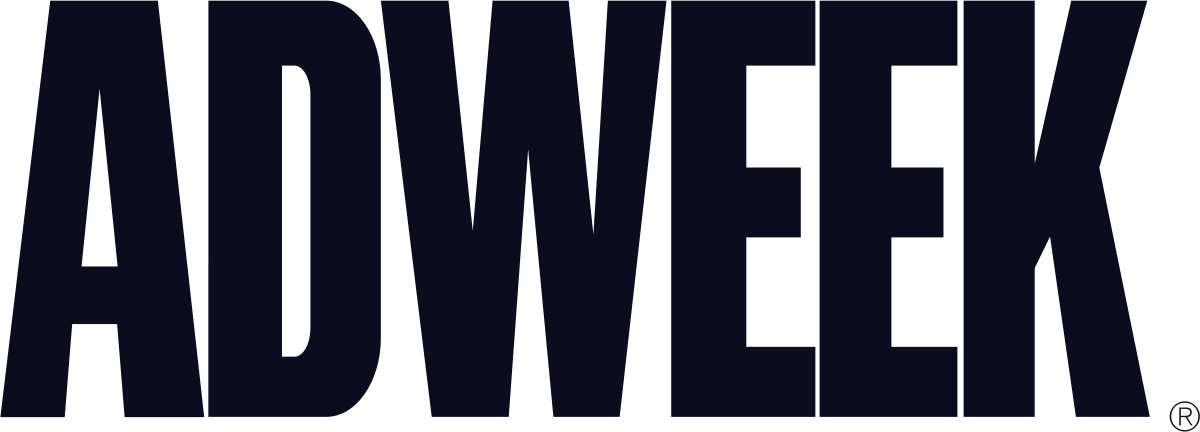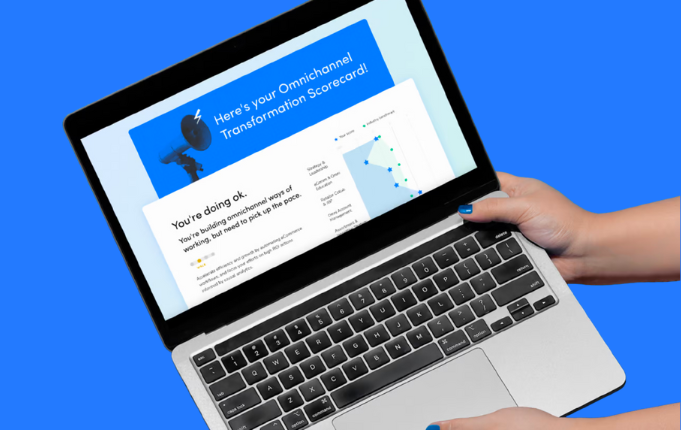A recent article from Business Insider estimates that the US food and beverage industry is worth $600 billion a year in sales – the largest retail category in the US. With less than 1% of sales currently occurring online, the opportunity for CPG manufacturers is enormous as more and more shoppers opt for the convenience and selection that the eCommerce channel offers.
Between 2013 and 2018, US online grocery sales are predicted to grow at a CAGR of 21.1%, reaching nearly $18 billion. By contrast, offline grocery sales will rise by 3.1% annually during this same period according to Business Insider Intelligence.
As eCommerce continues to grow – Forrester’s Sucharita Mulpuru predicts that 2015 will be the year that U.S. online sales top $300 billion – US consumers are set to realize the benefits of using eCommerce to do their grocery shopping as well.
To date, Amazon has been at the center of the online revolution for grocery eCommerce. Its programs such as Prime and Subscribe & Save have become the much needed drivers to make buying lower-priced, regularly purchased items online (such as shampoo or skin care products) an option for consumers.
But more and more competitors are fast emerging, all vying for a piece of the highly lucrative eCommerce opportunity within CPG and grocery.
We take a look at some of the emerging players who have all recently received new funding, and how they aim to compete with Amazon.
Instacart: One hour grocery delivery
“When you order your groceries, we connect you to one of our thousands of personal shoppers in our network who go to stores such as Whole Foods and Costco, and pick up your groceries and deliver then to you within one hour. We don’t hold any inventory, we don’t have any warehouses, we don’t have any trucks” ~ Apoorva Mehta, Instacart CEO
Company: Founded in San Francisco in 2012, Instacart is attempting to ‘reinvent’ traditional grocery delivery by connecting grocery buyers with personal shoppers in their local area – and delivering their groceries within an hour. Essentially competing against Amazon PrimeNow for instant delivery.
Funding: This week, Instacart announced that it has closed a $220 million funding round (total funding has now reached $275 million) which it plans to use for partnership, category and geographical expansion.
Business model: The company has more than 4,000 personal shoppers who shop for and deliver customer orders in stores that Instacart has partnered with, such as Whole Foods and Costco.
Costs: Delivery is currently available in a range of US cities including Chicago, New York City and San Francisco. Instacart charges $3.99 for two-hour delivery and $5.99 for one-hour delivery if users spend $35 or more. Instacart also offers “InstacartExpress”, a $99 annual membership.
Competing against Amazon: on one-hour grocery delivery
Jet.com: The Costco of online shopping
“Most companies today are so focused on shipping speed. I think that’s a relatively small, niche market, and I think the next eCommerce wave is going to care more about price than service. And Jet is positioned to be ready for that next wave” ~ Marc Lore, Founder
Company: Jet.com has been launched by Marc Lore, the former CEO of Quidsi (best known for its website Diapers.com which was sold to Amazon after many years of price wars for $550m in 2010). Touted as ‘potentially the most ambitious eCommerce launch of the last decade’.
Funding: $80 million in funding from venture capital firms NEA, Accel Parters and Bain Capital Ventures.
Business model: Set to officially launch in March, Jet is positioning itself as a wholesale club online – essentially building the Costco of online shopping. The business is designed to serve cost-conscious customers who may be willing to choose lower prices over faster delivery – selling everything from clothing and electronics to baby products and detergent. Jet plans to save shoppers money by encouraging them to shop smarter driven by price: buying purchases in bulk that will ship together and ultimately lower the overall cost. Jet estimates an average member will save $150 a year.
Costs: Customers will have to pay a $50 annual fee. Product prices are guaranteed to be 5-6% lower than anywhere else online, including on Amazon, with Jet making money from membership fees. Delivery is free for orders of $35 or more, otherwise the cost is $5.99 for smaller orders. Orders will arrive in 3-5 business days but for consumable products, Jet guarantees to deliver them in 2 days.
Competing against Amazon: on price
Boxed.com: Bulk online shopping
“From discovering new products, to delivery time, to the savings and service our customers enjoy, we’re building one of the best end-to-end mobile commerce experiences available today” – Chieh Huang, CEO
Company: Launched in 2013, Boxed.com has been designed specifically for mobile, providing a mobile app that allows shoppers to buy wholesale goods that are delivered straight to their door.
Funding: Boxed.com has just completed a $25 million Series B funding round.
Business model: Boxed offers many of the same items that a shopper would find at in-store wholesale goods retailers in categories such as Health and Beauty, Household, Grocery, and Baby Goods. Boxed delivers in two days or less without requiring a membership.
Costs: Most orders qualify for free shipping, but orders must meet a minimum order amount which varies by state.
Competing against Amazon: on price
About Profitero
Profitero monitors 275 million products across 4,000 online retailers every day, providing CPG eCommerce Intelligence on pricing, product content, search rankings and much more.
Our Amazon FastMovers reports monitor Amazon’s best seller lists in the US (more than 4.9 million products) and the UK (more than 2.1 million products) daily, covering Baby, Beauty, Grocery, Health, Prime Pantry and many more categories. Request your complimentary report today.



























